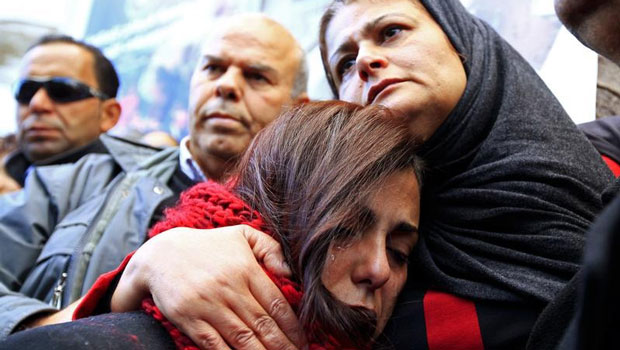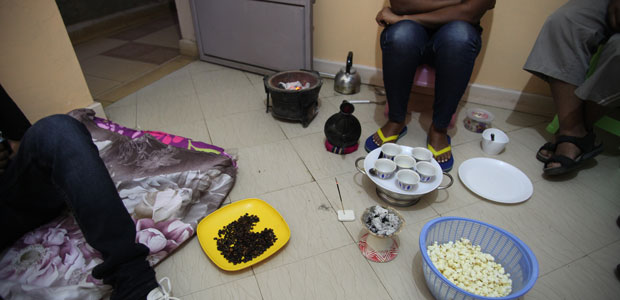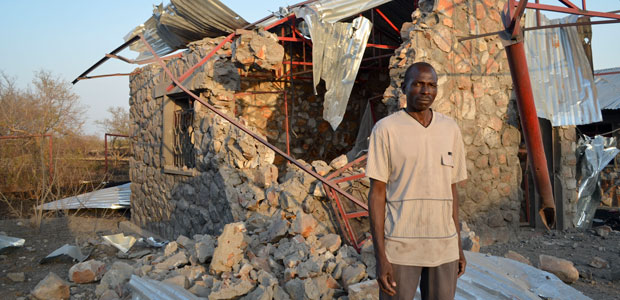CPJ welcomes arrest of suspect behind Somali kidnapping
New York, June 12, 2015–The Committee to Protect Journalists welcomes the arrest in Canada on Thursday of Ali Omar Ader, a Somali allegedly involved in the 2008 kidnapping of journalists Amanda Lindhout, Nigel Brennan, and Abdifatah Mohamed Elmi, a Somali fixer and photojournalist. Ali, who appeared briefly in court in Ottawa today, is alleged to…
Freelance journalist Casey Coombs released by Yemen rebels
New York, June 1, 2015–The Committee to Protect Journalists welcomes the release today of American freelance journalist Casey Coombs, who had been held by Houthi rebels for two weeks. Coombs, who has written for publications including Time and The Intercept, has arrived safely in Oman, U.S. State Department spokeswoman Marie Harf told reporters. Details of…
Brazilian journalists injured while covering protests
São Paulo, May 1, 2015–At least five Brazilian journalists were injured while covering clashes on Wednesday between police and striking teachers in the southern state of Paraná, according to news reports and local journalists. The Committee to Protect Journalists condemns the attacks and calls on Brazilian authorities to ensure the perpetrators are held responsible.

Lack of media coverage compounds violence in Libya
Near the end of August 2014, Egypt and the United Arab Emirates launched airstrikes against what were characterized as Islamist-allied militias fighting near Tripoli, Libya. Or maybe they didn’t. The New York Times broke the story on August 25, 2014; Egypt denied it, the UAE didn’t comment, and U.S. officials made seemingly conflicting statements.

Conflating terrorism and journalism in Ethiopia
At the Lideta courthouse in Ethiopia’s capital city, Addis Ababa, stands a statue of a blindfolded woman holding a set of scales in her outstretched hand–a universal symbol of justice, here cast in metal of pinkish gold and wearing thick braids in her hair.

Indian businesses exert financial muscle to control press
In the late summer of 2014, Indian freelance journalist Keya Acharya found herself embroiled in her own version of the War of the Roses. That August, Acharya was forced to respond to a nine-page legal notice demanding that she pay a staggering 1 billion rupees ($16.3 million) to a company whose owner was upset about…

Journalists overcome obstacles through crowdfunding and determination
During South Africa’s Boer War, at the turn of the 20th century, a determined news organization relocated reporters, copy editors, and printing presses to the front line to ensure accurate reporting. In the Warsaw Ghetto, during World War II, a literal underground press, established to counter Nazi propaganda, required the nightly movement of cumbersome printing…
CPJ requests information about alleged detention of two journalists in Egypt
New York, April 17, 2015–The Committee to Protect Journalists wrote to the Egyptian Ministry of Justice on Thursday requesting information about two journalists who were allegedly arrested on Tuesday while attempting to cover the bombing of two electrical pylons that transmit power to the Media Production City in Cairo.

